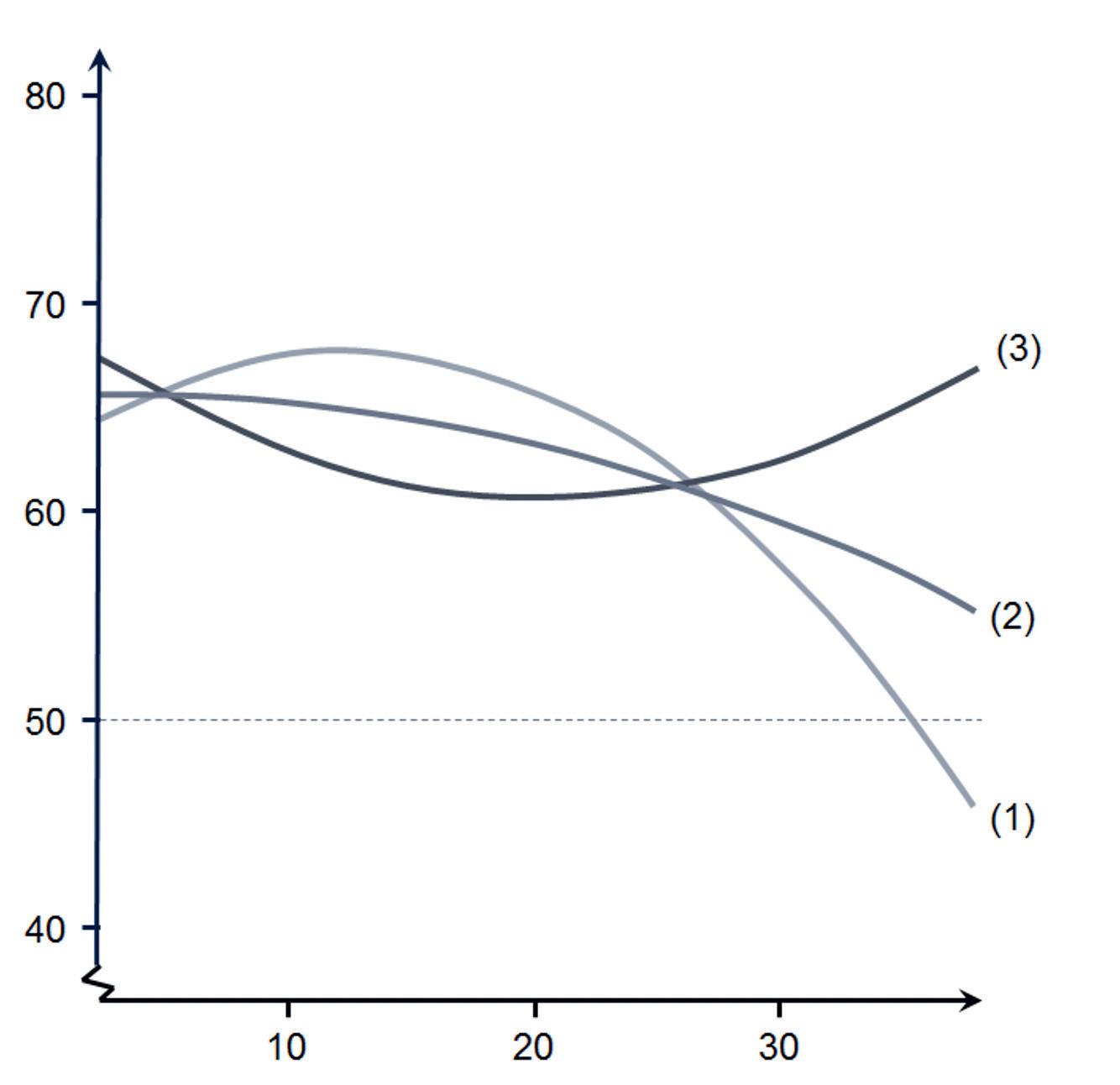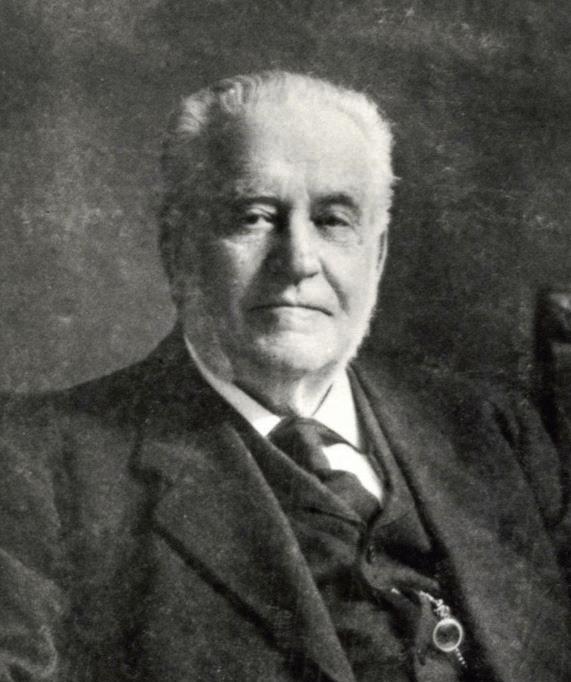Arnoud Aikema
‘A curious phenomenon in the evolution of our profession is the emergence and gradual expansion of accounting firms – organisations by means of which a steadily growing number of accountants are practising the profession under a single, joint name and presenting themselves as a single body. Curious, because the personal element that should generally be deemed such a significant factor in the profession is being relegated to the background, and the concrete notion of “the accountant” superseded by the more abstract “accounting firm”; no longer is trust invested first and foremost in particular individuals – this being the lifeblood of professional practice – but in an organised labour force by which the professional task is completed in accordance with a particular system and particular conceptions.’ 1 ‘Trust as lifeblood’ is a vivid motto for a profession that as of 2017 is facing a great deal of scepticism on the matter of public trust. For Reder, writing the above quote almost one hundred years ago, trust was an important premise for the accounting profession. This chapter takes a closer look at developments that have taken shape in the accoun ting profession and whether those developments have influenced trust in the sector. The main conclusion to be drawn is that the development of accounting firms into financially-led service providers has not been an ethically neutral one.
Developments To get to grips with the current state of affairs in accountancy, it helps to shed some light on three key developments in the hundred-plus-year history of the accounting profession. These are: the growth of revenue, the proliferation of services and the rise of the firm.
1 Reder, H.R. (1924). ‘De Firma-vorm voor de uitoefening van ons beroep’. Maandblad voor Accountancy en Bedrijfshuishoudkunde, 1(6), pp. 97–99.
from independent pr actitioner to conglomer ate
From independent practitioner to conglomerate
31





